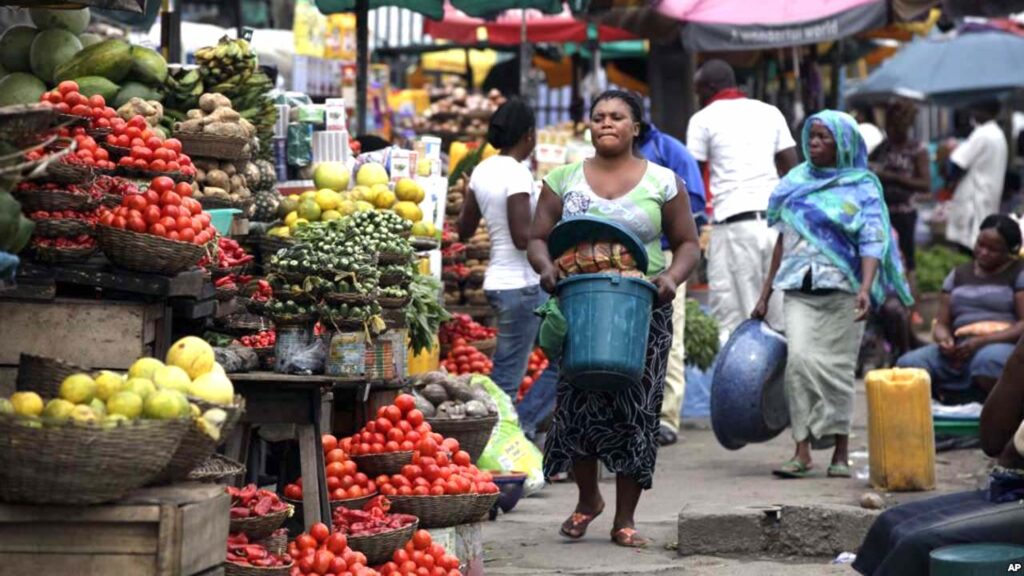The economic challenges in Nigeria have worsened, with the inflation rate hitting 34.60 percent in November 2024. This marks an increase from the 33.88 percent recorded in October, further stretching the finances of ordinary Nigerians.
Details from the National Bureau of Statistics
The National Bureau of Statistics (NBS) released a new report showing that inflation rose to 34.60 percent in November. The report, which covers the Consumer Price Index and Inflation data, also highlighted a 0.72 percent increase in the all-items inflation rate on a month-on-month basis.
Yearly Comparison
When compared to the previous year, the inflation rate in November 2024 was 6.40 percent higher than the 28.20 percent recorded in November 2023. This increase reflects the persistent rise in the cost of goods and services across the country.
Food Inflation Remains High
A significant driver of inflation in November was the rise in food prices. The NBS report showed that food inflation jumped to 39.93 percent, up from 39.19 percent in October. This indicates that many Nigerians continue to struggle with the high cost of essential food items.
Urban vs. Rural Inflation
The report further highlighted the differences between urban and rural inflation. Urban inflation stood at 37.10 percent, while rural inflation was slightly lower at 32.27 percent. This disparity underscores the varying impacts of inflation across different regions.
CBN’s Monetary Policy Efforts
The inflation increase has occurred despite efforts by the Central Bank of Nigeria (CBN) to address it through monetary policy. Under the leadership of Olayemi Cardoso, the CBN has consistently raised interest rates, using inflation control as its primary justification.
Interest Rate Hike in November
In November, the CBN’s Monetary Policy Committee raised the country’s interest rate to 27.50 percent from 27.25 percent. This marks the latest in a series of hikes aimed at managing inflation.
Rising Cost of Living
Despite these measures, the cost of goods and services remains high, severely impacting the quality of life for Nigerians. Many households continue to feel the pressure of elevated prices, making it difficult to afford basic needs.
A Brief Period of Relief
Interestingly, Nigeria experienced declining inflation rates in July and August 2024. However, this trend did not last, as inflation has surged again in recent months.







